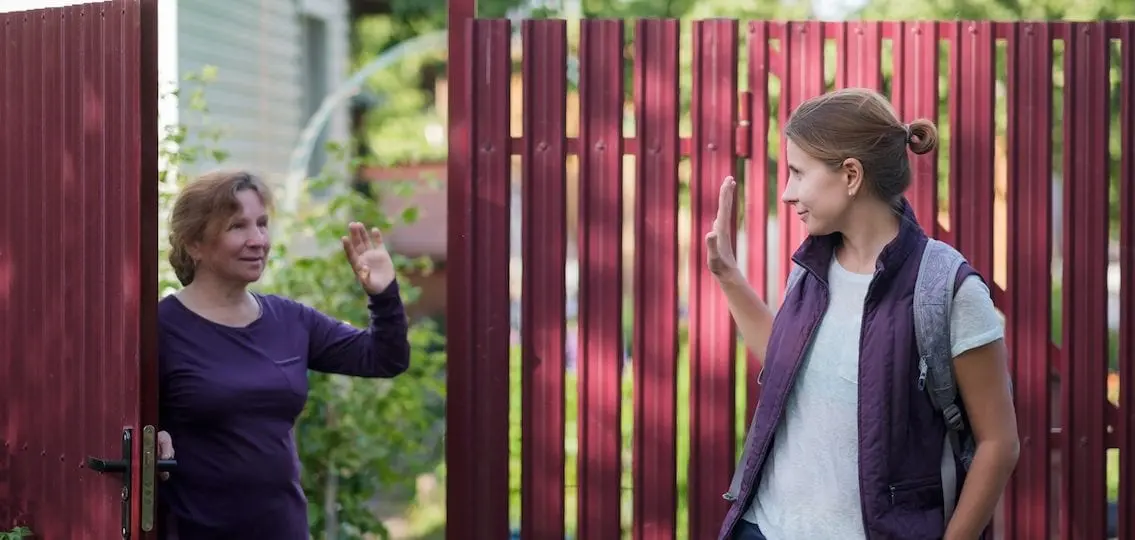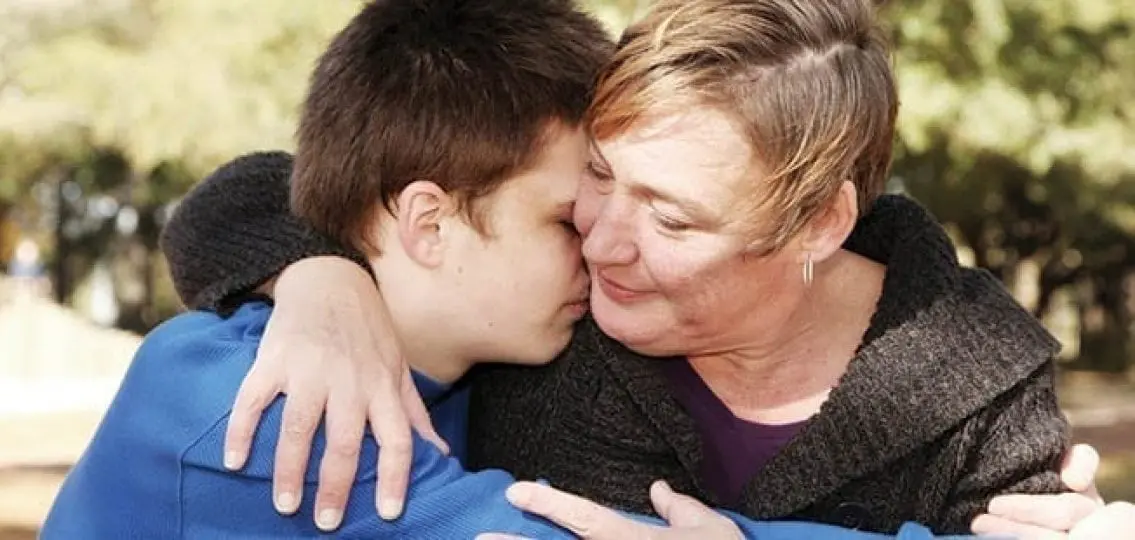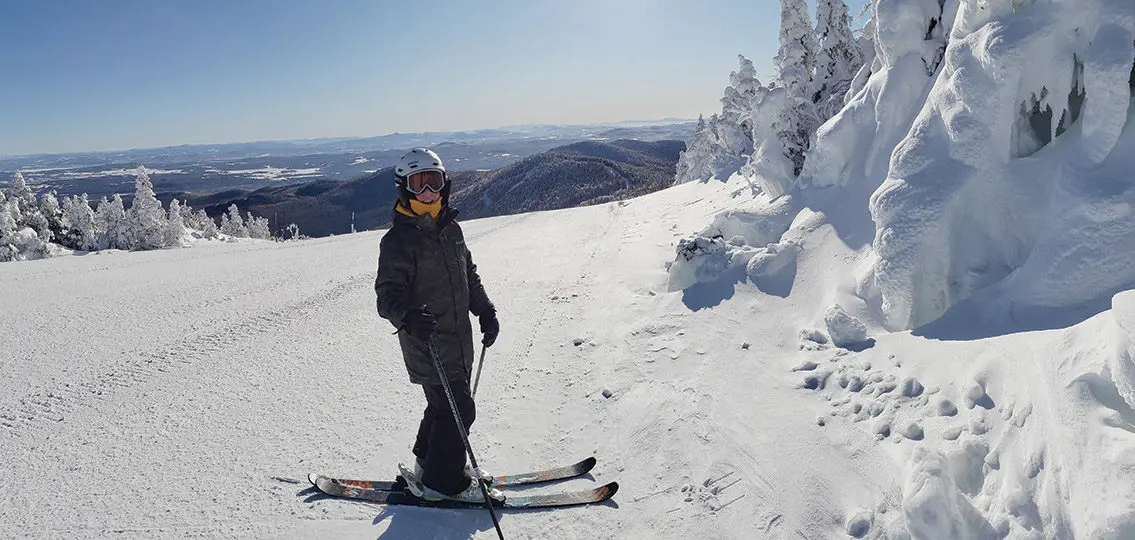The ski slope was steep, but I had no time for nerves. This was a rescue. Somewhere in the surrounding forest was my 13-year-old and his friend, Rory. Rory was stuck, buried in snow. It was unclear if he was head up, head down, injured, or dead; the phone call my son had made to my husband, on the far side of the resort, had cut off. All I knew was, as the adult closest to the trail in question, as the advanced skier of the party, and most of all, as a mother—I had to save them.

We’d been nervous about letting our teenagers ski alone, but we’d established rules: no off-trail or glade skiing. I feared tree wells—dangerous air-pocket traps beneath pine trees. Rory’s mother insisted they share their GPS location. A target on my phone displayed their whereabouts, but surveying the landscape, I realized knowing their location was not the same as finding them.
The Terror When I Lost my Son
Skiing downhill, I wasn’t sure if I was angrier at my son, for rule-breaking, or myself, for prematurely trusting him. It’s difficult to know if kids are ready for responsibilities. When disaster strikes, we blame ourselves. But how can we know if they can handle freedom until we give them some? And when do we stop being responsible for their mistakes?
I stopped at the slope’s edge to check my phone and shout into the forest. Nothing. I dialed my son’s number. Nothing. The GPS target never got closer. Innumerable tracks led between trees; which were theirs? Ahead, I spotted a glade entrance with a sign: DANGER, un-swept trail, do not enter with less than 3 people. Was this where they’d gone? I couldn’t enter on my own. I felt sick—an hour had passed since the first alarm.
When next I dialed my son, he answered. Rory wailed in the background—a horrifying relief. I spoke quickly, before the call dropped: “Leave Rory and join the trail. We need to find you to help him.”
Hanging up, I spotted a familiar figure upslope, also shouting at trees: my husband. Relieved he’d joined me, we continued downhill until suddenly the boys staggered out of the trees right beside us. They were fine.
Finding my Son
“Rory fell into a well, snow up to his neck,” my son told us. “I tried digging him out, but it caved in and we were nearly buried alive. Some kids found us. They went to fetch ski patrol, but patrol never came. Rory was freaking out but I got him out. But we lost his board in the hole.”
I was elated the boys were unharmed, but also deflated—not just that they’d been disobedient, or that I’d worried for nothing, but that I hadn’t saved anyone.
“Rory can’t get back down the mountain without his board, and it’s worth hundreds of dollars,” I said, removing my skis. “Take us to the hole!” I wouldn’t save someone, but I would at least save something.
The boys led us into the glade. It was beautiful, but in every direction identical—trees, snow, trees, snow. After a few shouts of “I think it’s here,” and, “No, this is it,” the boys admitted they were lost.
We were approximately where the GPS had indicated they were earlier but there was no evidence of their adventure. It was cold, and we were thirsty. We were just giving up hope when the ski patrol kids appeared. They pointed us towards the hole.
Seeing it, I realized we’d been lucky. If Rory had fallen headfirst, if the weather had deteriorated, if it had gotten dark, if the boys hadn’t had phones or GPS … so many variables could have resulted in tragedy. Some “ifs” lead to disaster and others lead to growth, and we had risked one for our teens to enjoy the other.
Spotting a glimpse of snowboard inside the hole I lurched forward to dig. Mom to the rescue! But my husband grabbed my arm. “Let them!” he said.

We watched the boys work. As my husband muttered about collapsible shovels and whistles and foil blankets for next time, I considered all the ways I save my son daily: forgotten homework delivered to school, bagels slipped into his bag. Watching the boys finally yank the board free, seeing their faces light up, I realized it was time my son made his own lunch. Watching them identify our earlier boot prints and lead us out of the glade, I figured he could probably do his own laundry, too. Finally, as they melted the ice off Rory’s snowboard bindings with hand warmers dug from their pockets, I understood that my days as my son’s savior were ending. And then, without so much as a sorry or a thank you, the boys pushed off, down the slope, picking up speed.




